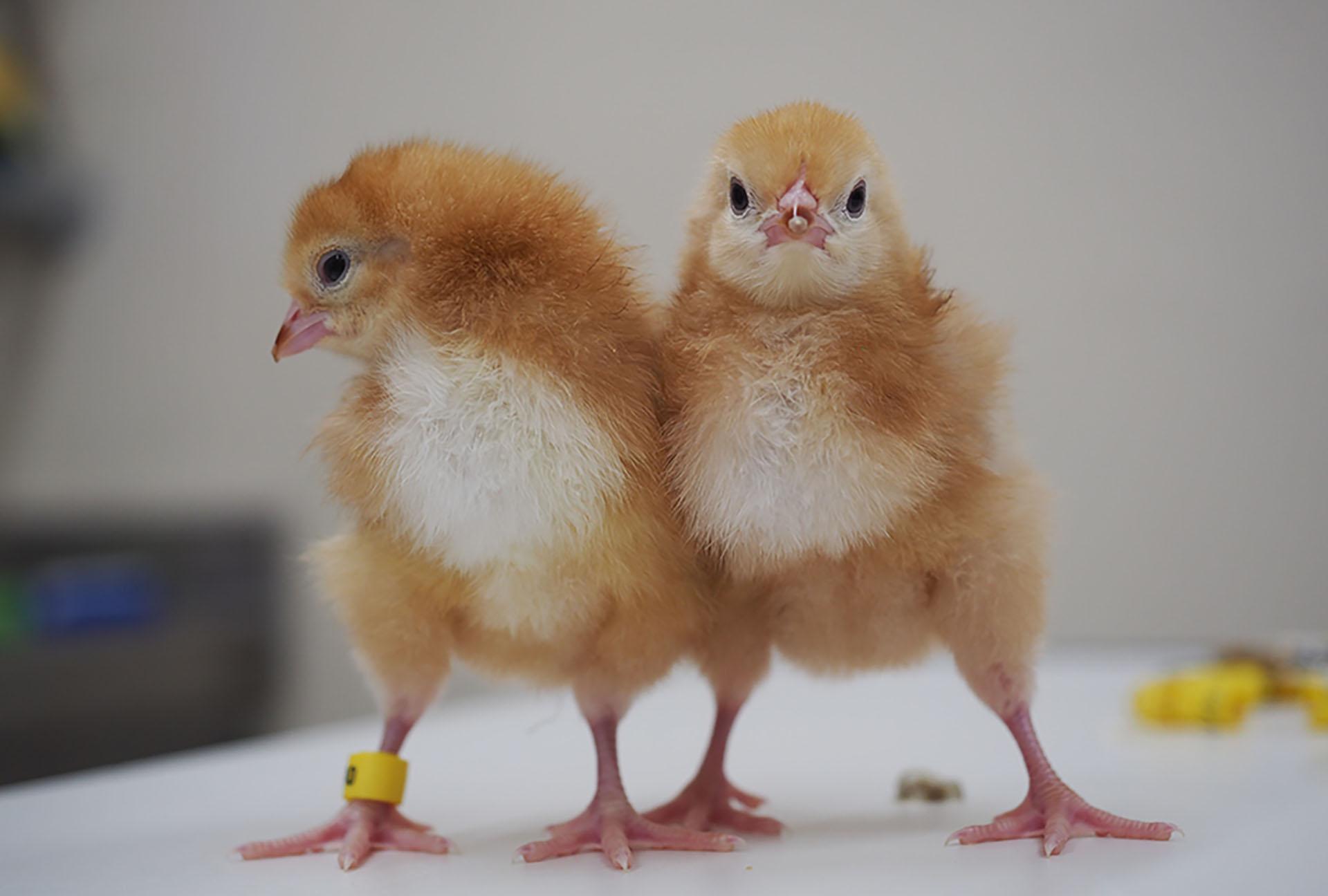Researchers at The Pirbright Institute have found it is possible to generate novel vaccines for avian bronchitis that are capable of replicating in cell culture.
Writing in the journal PLOS One, the team outline how a virus generated using reverse genetics was found to offer 100% protection against infectious bronchitis virus (IBV), an avian coronavirus that causes major economic losses to poultry industries across the globe.
Current vaccines to control IBV are generated through a time-consuming process of passing a virulent isolate through embryonated hens’ eggs until the virus weakens – typically, 80 to 100 passages – making it difficult to quickly tackle emerging strains.
The team identified a mechanism to rationally alter IBV by targeting the Spike gene to both make it less harmful and impart the ability to replicate in a Vero cell line, commonly used in microbiology and licensed for vaccine manufacturing.
Led by Dr Erica Bickerton and Dr Sarah Keep, the research builds on previous studies into amino acids responsible for the Beaudette strain of IBV.
“Most field strains of IBV do not replicate in cell culture limiting both basic research and vaccine development and production,” say the authors.
“Vaccine production in Vero cells allows for a more rapid response to emerging strains, the importance of which has been emphasised not only by emergence of novel IBV strains, but also during the SARS-CoV-2 pandemic.”
Dr Bickerton added: “Innovative vaccines have a role to play in global food security by protecting farmers’ livelihoods. Our research shows reverse genetic vaccines could be effective in offering a ‘one dose’ solution against many strains of IBV and potentially lead to the creation of vaccines for other viruses in the coronavirus family, and we are currently advertising a PhD project which builds on this work.”
Dr Keep said: “We hope this research further highlights the possibility of using reverse generate to generate IBV attenuated vaccines that stimulate protective immune responses in poultry.”
Read the paper ‘The spike protein of the apathogenic Beaudette strain of Avian Coronavirus can elicit a protective immune response against a virulent M41 challenge’ in PLOS ONE.
This work was supported with grant funding from the Biotechnology and Biological Sciences Research Council (BBSRC), part of UK Research and Innovation.
